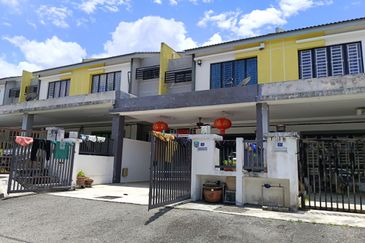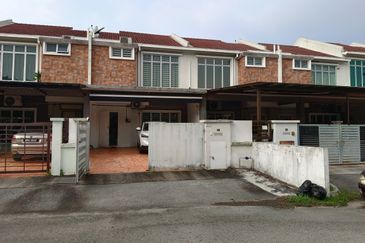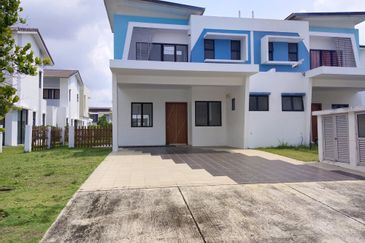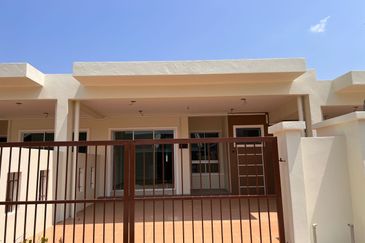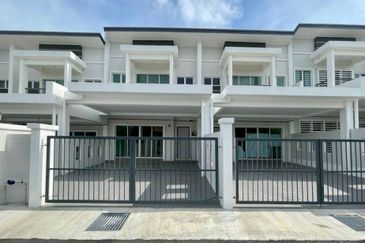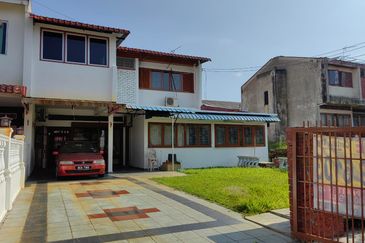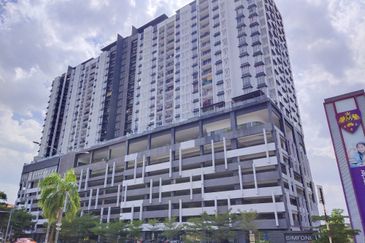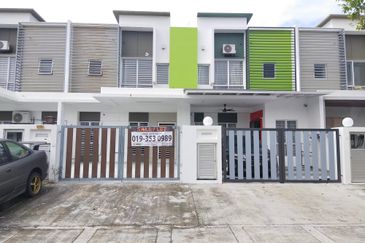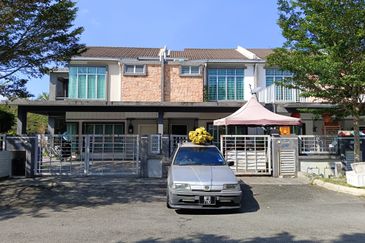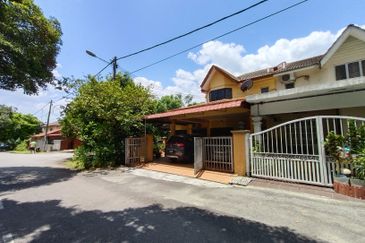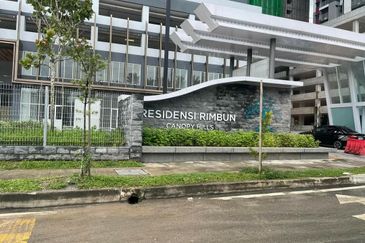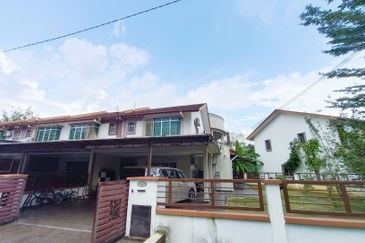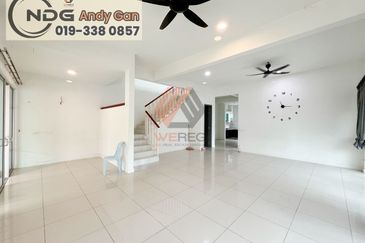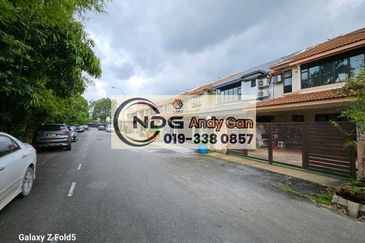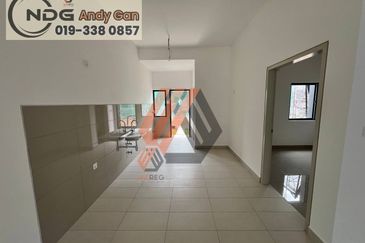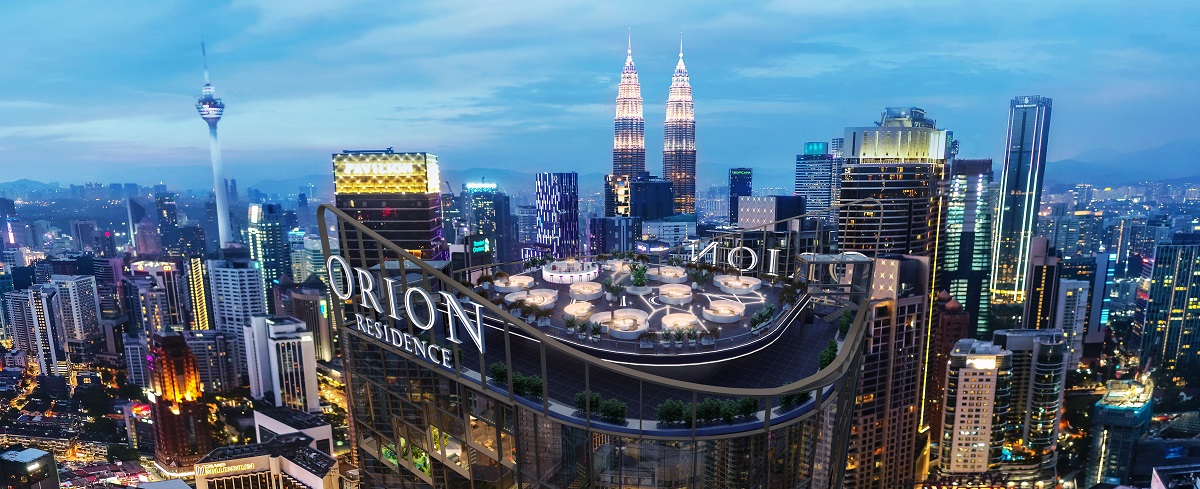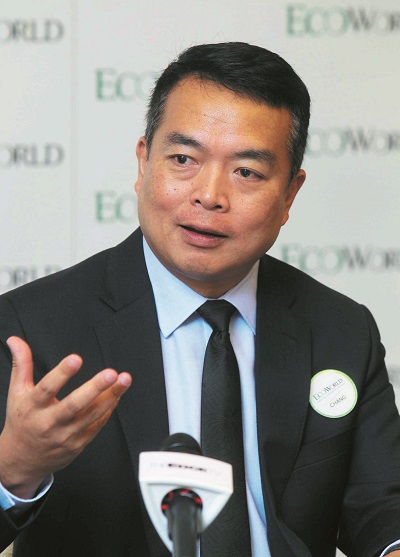 IN May last year, Eco World Development Bhd raised RM2.8 billion through a series of multilayered corporate exercises to fund the acquisition of development rights to vast tracts of land. A year later, the property developer is back in the market for more funds.
IN May last year, Eco World Development Bhd raised RM2.8 billion through a series of multilayered corporate exercises to fund the acquisition of development rights to vast tracts of land. A year later, the property developer is back in the market for more funds.
On April 28, the company announced that it will place out 25% of its issued and paid-up capital, or over 591 million new shares, to investors. The first tranche, involving 76% of the new shares and going for RM1.30 apiece, will be largely taken up by its major shareholders. Liew Tian Xiong, the company’s executive director and substantial shareholder, will sweep up 40% or 236.4 million shares while Sinarmas Harta Sdn Bhd will take up 212.8 million shares.
The remaining 24% will go to key institutional investors and independent third parties to be identified at a later date. This portion will be priced at up to 10% discount to the five-day volume-weighted average price.
Together, the two tranches could raise about RM768.4 million. As in the past, the proceeds will be used to fund future growth.
A chunk of the funds raised — RM468 million — will be used to part- finance EcoWorld’s subscription for sister company Eco World International Bhd’s (EWI) initial public offering. EcoWorld has made it known that it will subscribe for a up to 30% stake in EWI, becoming the anchor investor in the company, which undertakes property development outside Malaysia.
EcoWorld president and CEO Datuk Chang Kim Wah (pictured) tells The Edge that buying into EWI will allow EcoWorld to recognise a proportionate share of EWI’s earnings when properties sold are completed, boosting the former’s profit from the financial year ending Oct 31, 2018 (FY2018) onwards.
EWI’s property projects in London and Sydney had already collectively secured cumulative sales of £712.5 million as at Jan 31, 2016.
According to an analyst, without sales from EWI’s projects, EcoWorld is unlikely to meet its RM4 billion sales target for FY2016. As at Feb 29, sales from domestic projects had reached RM607.8 million. However, the companies are preparing for the launch of Eco Business Park II in Johor and the first phase of Bukit Bintang City Centre in FY2016.
Some RM297.7 million of the proceeds from the new fundraising will be set aside for future land acquisitions and general working capital for ongoing development projects. Market observers say some of the proceeds will be used to finance the purchase of 2,198.4 acres of leasehold land in Ijok, Kuala Selangor, for RM1.18 billion.
EcoWorld had a landbank of 7,443.9 acres as at Oct 31, 2015.
Last year, the company had told shareholders that it would seek external financing for the proposed acquisitions and development costs but details were scarce. Given the slowdown in the local property market, EcoWorld’s willingness to stretch its balance sheet to acquire land has raised some eyebrows. However, Chang says buying land is “opportunistic”.
“Landbanking activity is often opportunistic. If we don’t seize the opportunity to acquire a specific site when it presents itself, in most cases, it will be lost forever … Given that opportunities to acquire good land often arise only when times are uncertain, we believe this is the best time to build up our landbank,” he remarks.
EcoWorld’s go-getting approach requires strong financial resources, so the fact that it is going back to its substantial shareholders and institutional investors for funds should come as no surprise. The company has increased its borrowings since the takeover of Focal Aims in November 2013. In FY2013, the company had total borrowings of RM52.15 million and a net gearing ratio of 0.08 times. But by FY2015, its total borrowings had surged to over RM1.7 billion while its net gearing ratio had risen to 0.37 times. Its gross gearing in FY2015 was 0.54 times.
“The rule of thumb is that property companies should not have a gearing ratio of more than 0.5 times. Anything more will be excessive,” says a local analyst who tracks property developers.
A back-of-the-envelope calculation based on numbers published for the first quarter ended Jan 31, 2016 (1Q2016) shows that EcoWorld’s gearing stood at 0.46 times. This is relatively high for a company of EcoWorld’s size. Assuming that it proceeds with the EWI share subscription and land acquisition worth RM768.4 million without the share placement, the company’s gearing would rise to 0.7 times. With the private placement, EcoWorld’s gross gearing is expected to fall to a more sustainable 0.43 times.
“We believe that concerns about our net gearing will moderate following the share placement,” comments Chang.
He stresses that the bulk of EcoWorld’s borrowings is at the project level. These loans are paid via redemption, meaning that sales secured will go partly towards the repayment of these loans. Given the high level of locked-in sales secured to date, loan repayment is “all but assured”, allowing the company to sustain relatively high gearing in the group’s growth phase.
Furthermore, EcoWorld will be handing over the first phase of its projects to customers starting from 3Q2016. Most of the core infrastructure and amenities will be completed before the first handover of a particular project, reducing the capital requirement of these projects going forward. Chang says this will free up considerable cash flow and increase gearing capacity to take on newer projects.
The lower gearing level post-placement notwithstanding, it is worth noting that neither the buying of EWI shares nor new landbank will be immediately earnings accretive to EcoWorld. In the short term, analysts say the share placement will have a dilutive impact on the company’s earnings per share (EPS).
In an April 29 note, MIDF Research estimates that the company’s EPS will be diluted by 6% and 20% in FY2016 and FY2017 respectively. It is also expecting fully diluted revalued net asset value to be reduced by 8% to RM2.30 due to the effect of a higher share base.
Similarly, Kenanga Research expects an EPS dilution of 20% each year in FY2016 and FY2017 and a price-earnings ratio dilution of 25% each year.
For investors who keep faith in EcoWorld’s management — its ability to scale up and handle multiple projects and its knack for securing property sales — the dilution effect is only a small blip in the company’s long growth story.
Sometimes, even the value of your home can be a mystery. Go to The Edge Reference Price to find out.
This article first appeared in The Edge Malaysia on May 9, 2016. Subscribe here for your personal copy.
TOP PICKS BY EDGEPROP
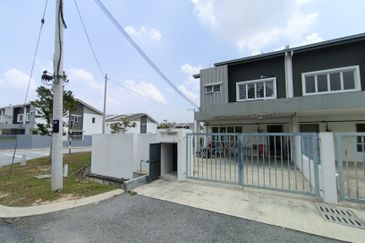
Laman Haris @ Eco Grandeur
Bandar Puncak Alam, Selangor
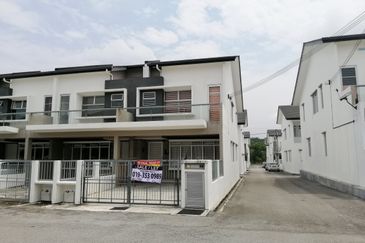
Camellia Residence, Bandar Tasik Kesuma
Semenyih, Selangor
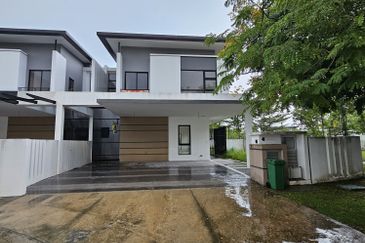
Cheria Residences, Tropicana Aman
Telok Panglima Garang, Selangor
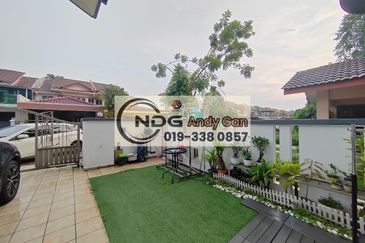
Bandar Botanic Kelang
Bandar Botanic/ Bandar Bukit Tinggi, Selangor

Telok Panglima Garang Industrial Zone
Telok Panglima Garang, Selangor

